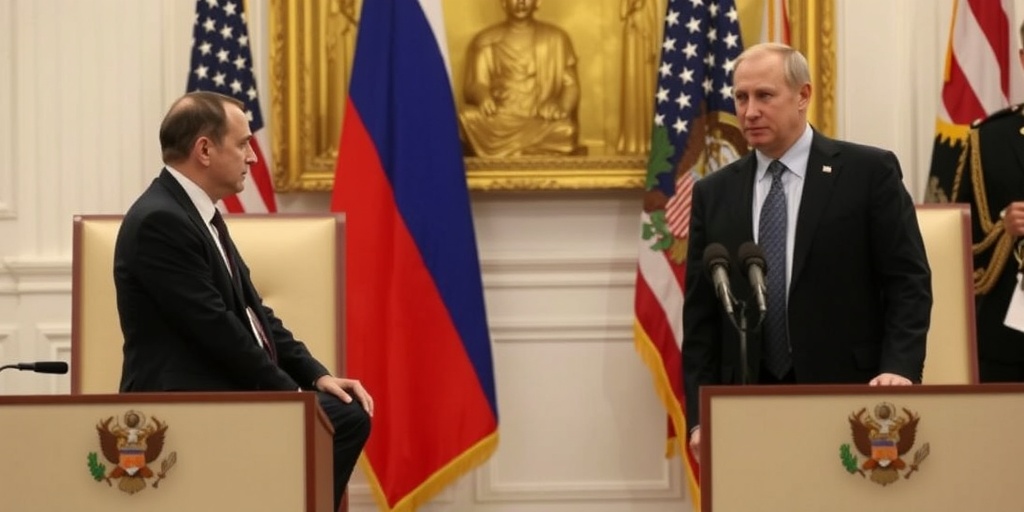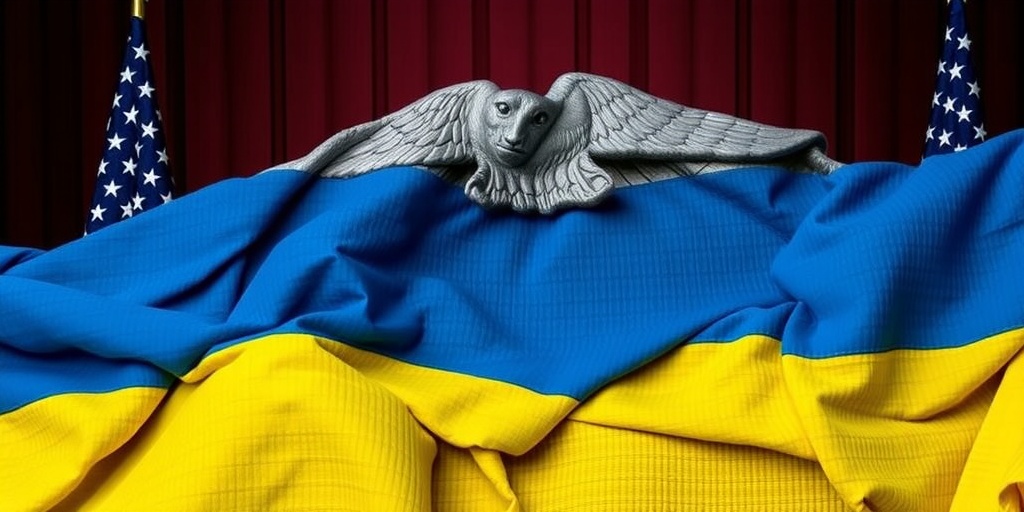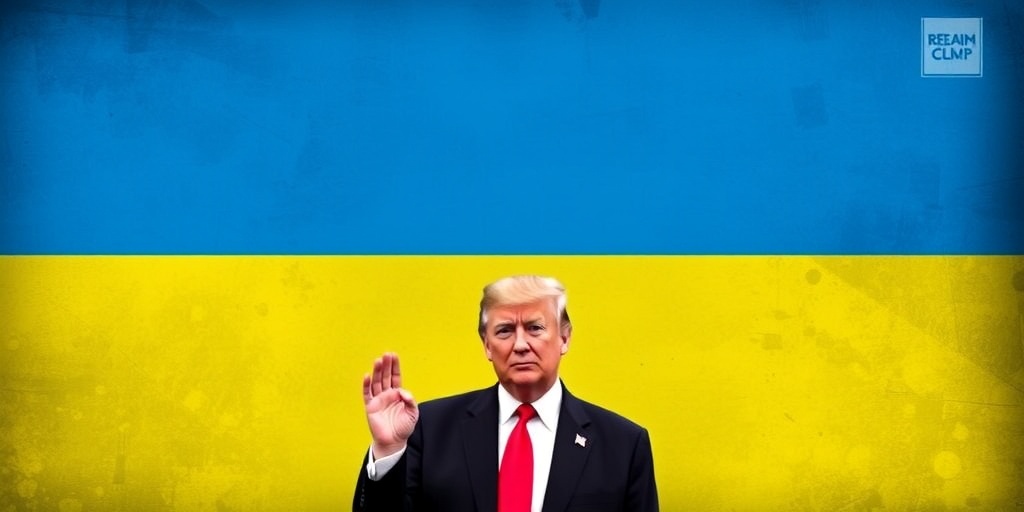Now Reading: Ebola Containment Efforts Halted, Former Officials Dispute Musk’s Claim
-
01
Ebola Containment Efforts Halted, Former Officials Dispute Musk’s Claim
Ebola Containment Efforts Halted, Former Officials Dispute Musk’s Claim

Ebola Outbreak Response in Uganda Hampered as Trump Administration Cuts Contracts
In a startling turn of events, the Trump administration has terminated four out of five contracts linked to Ebola response efforts in Uganda, raising significant concerns among health officials and humanitarian organizations. Just hours after Elon Musk reassured Cabinet members that "the efforts to contain the Ebola outbreak" had only been "accidentally canceled very briefly," the administration’s actions have drawn scrutiny and criticism.
Since January of this year, Uganda has been grappling with a serious Ebola outbreak, which has severely affected health services and resources in the region. These terminated contracts were crucial, as they provided funding for essential operations such as Ebola screening at airports, distribution of protective equipment for healthcare workers, and initiatives aimed at preventing the disease’s transmission among survivors, according to a former U.S. Agency for International Development (U.S.A.I.D.) official.
Despite Mr. Musk’s assertions that “the Ebola prevention [was] restored immediately, and there was no interruption,” sources within U.S.A.I.D. contradict this claim. These concerns are underscored by reports from two anonymous officials who were involved in the response efforts but wished to remain unnamed to avoid retaliation.
In theory, provisions were in place for some operations against deadly pathogens, including Ebola, under a waiver program. However, very little financial aid was actually distributed to facilitate ongoing work, leaving many organizations in a precarious position. Most of them lacked the financial reserves necessary to continue operations without government funding, and there was a pervasive distrust that they would be reimbursed for any expenses incurred.
This skepticism proved to be warranted. The situation escalated when the U.S. Supreme Court’s Chief Justice, John G. Roberts Jr., ruled that U.S.A.I.D. and the State Department were not required to promptly pay over $1.5 billion for work that had already been completed. This ruling compounded uncertainties about federal support and funding for ongoing Ebola response initiatives.
Reportedly, the cancellation of contracts led to significant interruptions in critical public health work. For instance, an Ebola screening program at Entebbe Airport was halted for over two weeks, as noted by a former U.S.A.I.D. official. The organization responsible for the screening made the difficult decision to resume operations using its own funds to ensure that necessary health checks were adequately conducted, even after the official contract was terminated.
The fallout of these contract terminations extended beyond funding issues. For instance, once the first Ebola patient of the outbreak was confirmed, who had previously visited six different healthcare centers before diagnosis, the Ugandan government urgently requested protective gear for health workers who had been exposed to the virus. Although U.S.A.I.D. keeps such equipment in stock at a warehouse in Nairobi, complications arose due to WHO management over the facility. U.S.A.I.D. employees encountered restrictions when attempting to communicate with the WHO, let alone coordinate the release of these critical supplies.
After an agonizing wait for permission to contact the WHO, U.S.A.I.D. officials were instructed to seek alternative solutions. Subsequently, they procured protective equipment from an alternative source at an inflated cost of approximately $100,000. A former official lamented, “So much for cost-effectiveness,” especially in light of the fact that this contract came to an abrupt end as well.
In addition to funding and logistical challenges, systemic issues plagued the waiver process itself. As some U.S.A.I.D. staff attempted to navigate the process, they faced extraordinary difficulties articulating how many lives each intervention would save. The administration demanded specifics on the outcomes of seemingly minor resources, including hand sanitizers and risk communication messages, linking them to calculated lives saved.
Compounding these issues, the ongoing staff purges at U.S.A.I.D. have left the agency severely understaffed at a critical juncture in pandemic preparedness. Initially, the agency had over 50 personnel dedicated to outbreak responses. However, that number was quickly halved, and then further reduced to just six, including the dismissal of the leading experts in lab diagnostics and the management of the Ebola response.
Current officials voiced their concerns about the agency’s capacity to handle multiple outbreak responses with such a skeletal staff. “I have no idea how six people are going to run four outbreak responses," one official stated, emphasizing the complexity and challenges of managing health crises under these conditions.
As the situation in Uganda continues to evolve amid the ongoing Ebola outbreak, the ramifications of these contract terminations and staffing cuts could be dire, threatening the nation’s ability to contain the virus effectively and protect public health. With the need for an effective response more pressing than ever, the international community watches closely as these developments unfold.
Stay Informed With the Latest & Most Important News
Previous Post
Next Post
-
 01New technology breakthrough has everyone talking right now
01New technology breakthrough has everyone talking right now -
 02Unbelievable life hack everyone needs to try today
02Unbelievable life hack everyone needs to try today -
 03Fascinating discovery found buried deep beneath the ocean
03Fascinating discovery found buried deep beneath the ocean -
 04Man invents genius device that solves everyday problems
04Man invents genius device that solves everyday problems -
 05Shocking discovery that changes what we know forever
05Shocking discovery that changes what we know forever -
 06Internet goes wild over celebrity’s unexpected fashion choice
06Internet goes wild over celebrity’s unexpected fashion choice -
 07Rare animal sighting stuns scientists and wildlife lovers
07Rare animal sighting stuns scientists and wildlife lovers





















